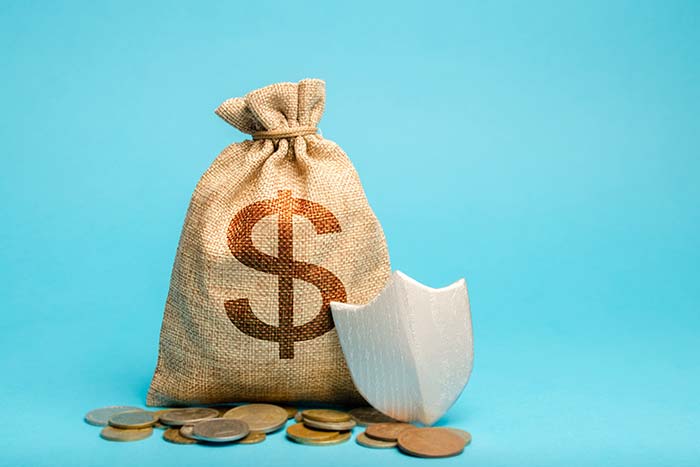You always remember your first…
I’m talking about investments, of course. What did you think I was referring to?
I bought my first stock in 1990. It was Harley-Davidson (NYSE: HOG). I bought 50 shares at $12. Three months later, I sold it at $18. Stock trading commissions were $49 per trade, so I made a cool $202.
A few years later, my wife worked at a household-name consumer goods company. The company was doing okay, but it had some upcoming initiatives I thought would work well.
The company was privately owned, so there were no shares to buy, but then I discovered that it had bonds. I knew very little about bonds at the time, but I wanted in on this company.
As I dug into the financials and learned more about bonds, I remember thinking, “You’re telling me that I can buy this bond for $820 and in three years, I’ll receive $1,000 – all while being paid 7.25% per year? I am definitely in.”
You see, bonds are very different from stocks. When you own a stock, you have an ownership stake in the company, and your fortunes are tied to those of the company.
When you own a bond, you do not own a piece of the company. You are a creditor of the company. A bond is a loan – and loans must be paid back.
Pretty much the only time those loans are not paid back is if a company goes bankrupt.
I bought the bonds. And right on time, at maturity, I received $1,000.
Now, here’s the thing about bonds. Those initiatives the company had that I was excited about didn’t work out as well as I thought they would. If I had owned the stock, it probably would not have gone anywhere. The price might have even gone down.
But with a bond, it doesn’t matter if earnings are down, if the company disappoints Wall Street, or if it is embroiled in a scandal. If the company is going to remain solvent, it pays back its loans. The bond is backed by a contract that is enforced by law.
This company was still profitable, just not as highly profitable as many expected it to be. So paying off the loans was absolutely no problem, and I made a nice return – all while receiving a decent yield.
Don’t get me wrong. I’m still a stock guy. I love collecting dividends, seeing the dividends increase every year, and watching the stock prices go higher. But as I get older, income and capital protection become more important each year.
And bonds are how I achieve that. I collect solid streams of income, knowing I’ll receive $1,000 back per bond at maturity no matter what I paid.
If I paid $1,000, I get my money back while being paid a decent interest rate. If I paid less than $1,000, I have a profit at maturity, also with interest.
If I can find a solid company whose bonds pay a good yield and are trading at a discount – say, in the $900s or even $800s – I jump on them, confident I’ll be paid $1,000 at maturity.
One thing many people don’t realize about bonds is you can make big profits on certain speculative bonds.
For example, let’s say a bond pays a 4% coupon, but the company has run into trouble and the bond is trading at only $500 instead of $1,000. This is known as a distressed bond. The market is telling you that it does not have confidence in the company’s ability to meet its obligations.
But if you believe the company will be able to fulfill its legal requirement to pay back bondholders, you could buy the bond for $500, collect an 8% yield (if the bond is half-price, the yield is twice the stated coupon) and double your money when the bond matures at $1,000.
Keep in mind, that last example is for investors who can handle high risk. Most bond investors are perfectly content buying a safer bond in the $900s, collecting a solid yield, and pocketing a profit at maturity.
Owning bonds is a great way to ensure you collect income, stabilize your portfolio during volatile markets, and make some profits along the way.
I was a bit lucky that the first time I picked a stock, it ended up working out. With bonds, you don’t have to be so lucky. They’re built to work out – that’s the whole point.

